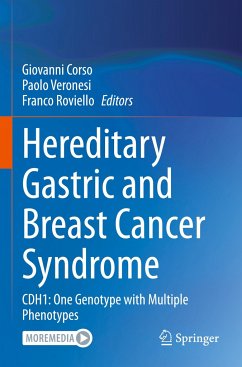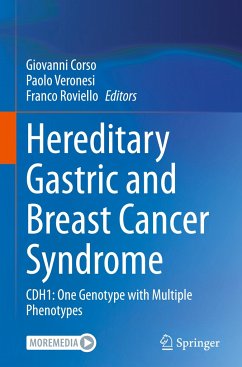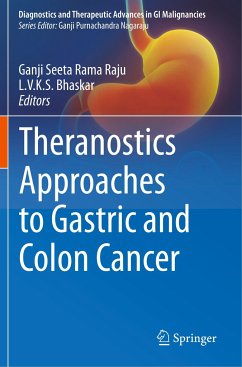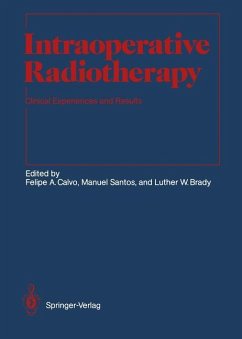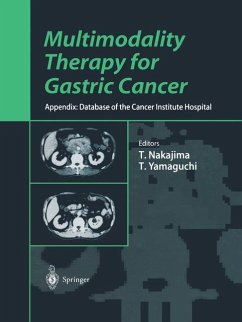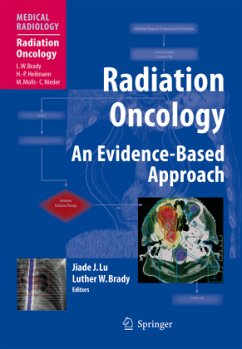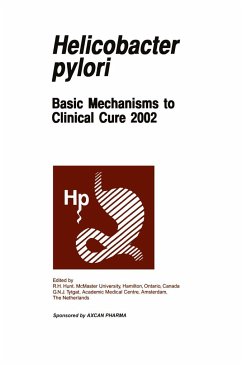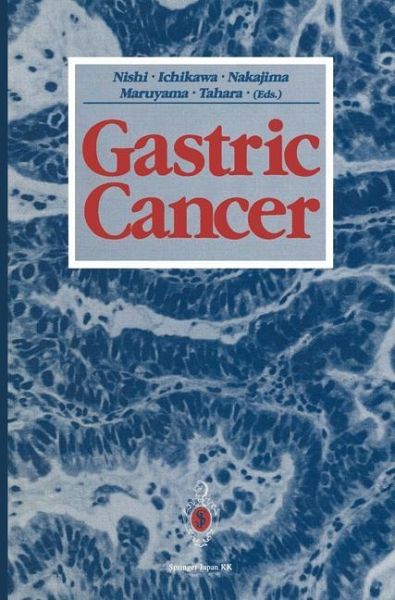
Gastric Cancer

PAYBACK Punkte
19 °P sammeln!
Gastric cancer is still the most common cause of cancer death in the world, although in most countries, with the notable exception of the United States, its incidence is slowly declining. In statistical terms, gastric cancer is therefore the most formidable of cancer types, and its control is a pressing issue. Recent evidence indicates that the conversion of normal cells to so-called "clinical cancer" is the prerequisite for a multistage process which is intimately associated with an accumulation of multiple gene alterations including both oncogenes and tumor-suppressor genes. Gastric cancer i...
Gastric cancer is still the most common cause of cancer death in the world, although in most countries, with the notable exception of the United States, its incidence is slowly declining. In statistical terms, gastric cancer is therefore the most formidable of cancer types, and its control is a pressing issue. Recent evidence indicates that the conversion of normal cells to so-called "clinical cancer" is the prerequisite for a multistage process which is intimately associated with an accumulation of multiple gene alterations including both oncogenes and tumor-suppressor genes. Gastric cancer is no exception, in that it reveals multiple gene changes whose scenario differs, depending on their occurrence in intestinal-type or diffuse-type gastric cancers. This book was planned for publication by the Japanese Research Society for Gastric Cancer in order to shed light on basic research and clinical practice in gastric cancer. The individual chapters, written by a variety of experts, contain numerous new topics related to all aspects of the disease, including epidemiology, experimental carcinogenesis, pathology, biology, diagnosis, and treatment. It is hoped that this book will be of use in basic research, pathological diagnosis, early detection, and therapy of gastric cancer. We would like to thank the staff of Springer-Verlag Tokyo for the excellent technical production.






